Like most states, Hawaii has laws that prevent any parent from skipping out on court-ordered child support payments as well as a state agency dedicated to enforcing child support payments – the Child Support Enforcement Agency (CSEA).
If one parent is behind in their child support payments, the parent entitled to receive child support can choose to forgo a legal remedy if they come to a mutually agreed-upon arrangement whereby the delinquent parent simply pays up.
A family law attorney can help determine the best remedy, whether for the parent who is owed child support or the parent obligated to pay it. In those cases, the attorney can help negotiate terms to help the noncustodial parent avoid the consequences of formal enforcement measures.
If the parents can’t agree, the Hawaii Child Support Enforcement Agency has several mechanisms it can employ to collect the delinquent funds.
Each CSEA mechanism (except the order for income withholding) usually has a minimum past-due amount that is the trigger of the enforcement mechanism. The parent who is owed past-due child support payments usually needs to make a request for services to be initiated.
Here are the CSEA’s enforcement methods:
Income Withholding: While parties can agree to a direct payment arrangement, if either is concerned about record keeping, the CSEA can receive payment directly from the employer of the noncustodial parent. The CSEA serves the non-custodial parent’s employer an Order or Notice to Withhold Income for Child Support. The employer then begins deducting the child support payments from their employee’s wages or benefits and forwards the amount to the CSEA.
State tax refund setoff: The state tax refund setoff allows CSEA to collect past-due child support payments from the noncustodial parent’s state tax refund.
Administrative offset: Administrative Offset allows CSEA to intercept certain federal payments to collect past-due child support.
Federal tax Refund offset: If past-due child support payments meet certain criteria, the federal tax refunds of the non-custodial parent can be intercepted and sent to the CSEA.
Passport denial: For child support debts greater than $2,500, the State Department can revoke a current passport, deny a future passport, or restrict or limit a current passport.
Financial Institution data match: This program uses information gathered through an agreement between the state and all of the financial institutions conducting business within it to identify accounts belonging to parents who have past due child support payments. The CSEA may then issue liens on the delinquent parent’s accounts.
Credit bureau reporting: CSEA can report information regarding delinquent accounts to any consumer reporting agency.
Liens: The Bureau of Conveyances can issue a lien against real property for a parent who has past-due child support payments or when an order of support for a prior period (arrears order) is established.
License suspension: A noncustodial parent who is delinquent in payment in an amount equal to or greater than three months of child support payments can have his or her driver’s license and/or recreational license(s) suspended. If the parent is delinquent in payment in an amount equal to or greater than six months of payments, his/her professional and/or vocational license can be suspended.
Medical Support Enforcement: CSEA pursues private health care coverage when it is available through a non-custodial parent’s employer at a reasonable cost.
Whether you owe child support or are owed past due payments, Seth Harris, a senior associate at the PMK family law division, can help you figure out the best remedy for your specific situation. For more information, go to: www.hawaiilegal.com/practice-areas/family-law-2/.

